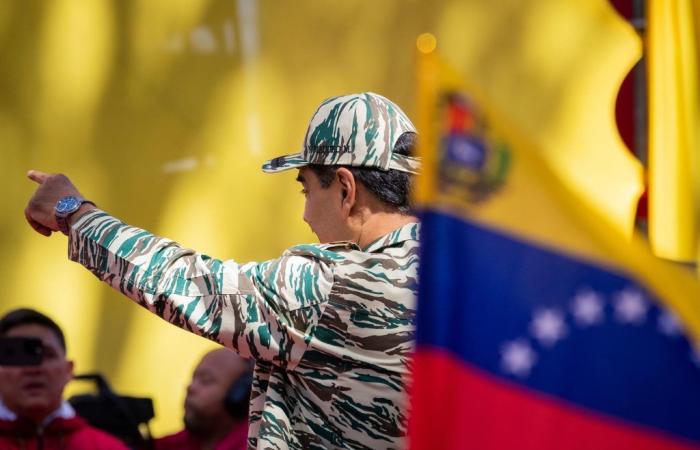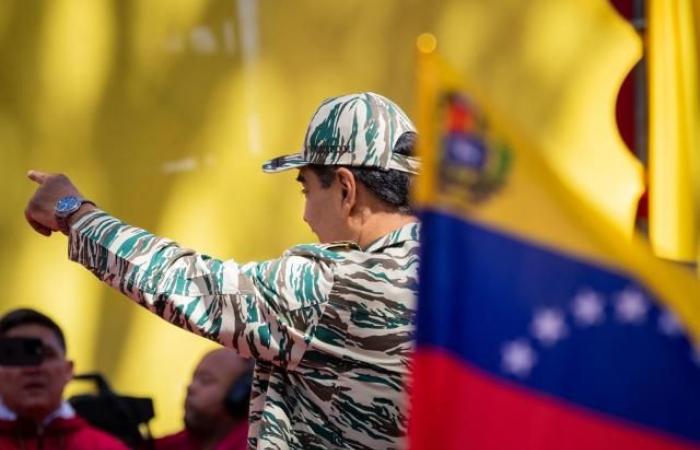Venezuelan activists and political analysts are calling for tougher sanctions and investigations into how The Government of Nicolás Maduro is using cryptocurrencies to circumvent international restrictions.
By María Paula Mijares Torres / bloomberg.com
The United States reimposed sanctions on gold and oil on May 31 after Maduro failed to honor an agreement to allow fairer voting in elections scheduled for July. The US has imposed targeted sanctions on Venezuelan individuals and entities for almost two decades.
“When you talk about regimes that are subject to sanctions, they will typically look for a variety of ways to evade those sanctions,” said Andrew Fierman, head of national security intelligence at blockchain data firm Chainalysis. and a contributor to a recent report by the Washington policy research group Woodrow Wilson International Center for Scholars. “The Venezuelan government and the Maduro regime have been doing this through a wide range of methods over the years.”
Venezuelan dissident Leopoldo López and Chainalysis Intel Solutions Director Kristofer Doucette, co-authors of the April report, wrote that there is a big gap in the latest round of sanctions, especially when the Maduro regime has stated that sanctions violations have been a target of its cryptocurrency projects.
The Venezuelan government is no stranger to cryptocurrencies and launched its own token called petro in 2018. The token, backed by the country’s oil and mineral reserves, was promoted as an alternative to the Venezuelan bolivar in the face of hyperinflation and as a tool to circumvent crippling US sanctions. Although the Government forced financial institutions to present their balances in both bolivars and petros, the currency mainly had a symbolic value and had very little use for the average Venezuelan.
The Government suspended use of the token in January after opening an investigation into extensive corruption in which Cryptocurrencies were used to redirect payments owed to the state oil company Petróleos de Venezuela SA.
“Every dollar embezzled by the Maduro regime rightfully belongs to the Venezuelan people,” López and Doucette wrote. “The billions that have disappeared in recent years represent a grotesque sum, which could have been instrumental in revitalizing the country’s faltering economy. Instead, Maduro’s embrace of cryptocurrencies exploited an emerging technology to forge a new path to siphon off the nation’s wealth, further impoverishing its citizens.”
In the report, López and Doucette call for more comprehensive and strict sanctions by the US and the European Unionand that more countries are investigating the use of cryptocurrencies by the Government to evade sanctions.
An examination of the blockchain by Chainalysis showed that Sunacrip, the National Superintendence of Cryptoassets and Related Activities, regularly transferred significant amounts of tokens through multiple accounts within various cryptocurrency services. The blockchain was traced to a series of addresses potentially managed by Sunacrip or an individual close to the organization that processed more than US$70 million in various cryptocurrencies. stable tokens used to speed up transactions.
In response to a request for more data on operations seized by the US in transactions in which the Venezuelan government used cryptocurrencies to evade sanctions, Chainalysis said: “At this time, we do not have data to share on the number of seized crypto transactions that have been linked to the Venezuelan government.”







